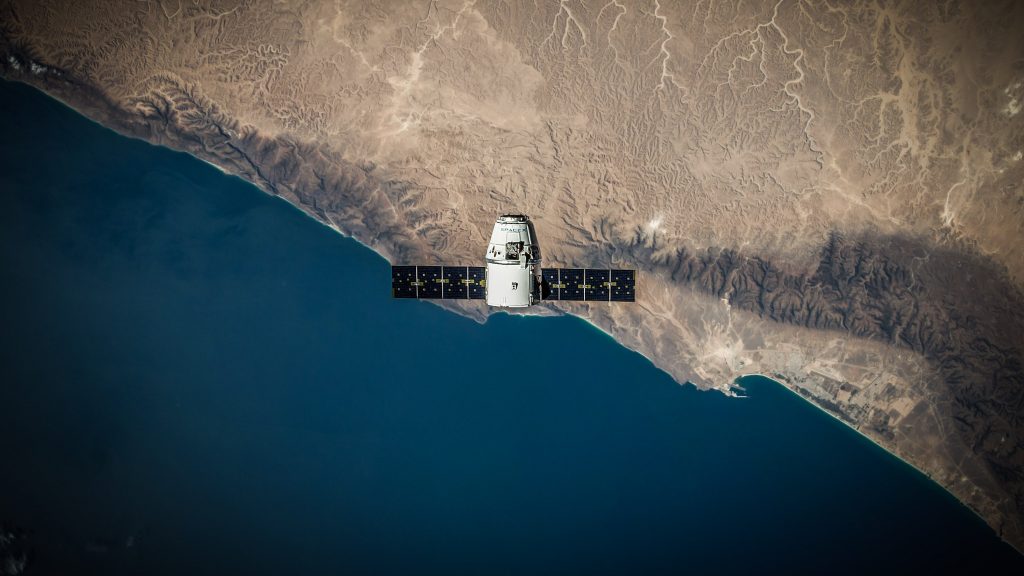Crop-devastating pests in Rwanda to be targeted with space-age technology from PRISE programme
Pests, which threaten to destroy key cash and food security crops including maize, tomato and beans, are to be prioritized as part of an integrated pest management strategy using state-of-the-art space-age technology. Scores of smallholder farmers in Rwanda are the latest to benefit from the CABI-led consortium, funded by the UK Space Agency and the Global Challenges Research…
Farmers in Malawi to benefit from space-age technology in fight against devastating crop pests
Farmers in Malawi are the latest to benefit from a CABI-led consortium, funded by the UK Space Agency, which is providing a Pest Risk Information Service (PRISE) to fight pest outbreaks that could devastate crops and livelihoods across the country. The service, which uses state-of-the-art technology to help inform farmers in sub-Saharan Africa – including Zambia, Ghana and…
From satellites to stem borers: using earth observation to forecast pest outbreaks
Globally, over 500 million smallholder farmers provide food for two thirds of the world’s population. With 40% of crops lost annually to pests, achieving zero hunger by 2030 depends on increasing the productivity of these smallholders. We already have weather forecasts, pollen forecasts and UV forecasts, but what if farmers had access to pest forecasts?
Space-age technology for fight against crop-devastating pest outbreaks
Last night, the Pest Risk Information Service (PRISE), which uses state-of-the-art technology to help inform farmers in sub-Saharan Africa of pest outbreaks, was launched in Zambia at the British High Commission in Lusaka. The service is being developed by a consortium led by CABI and is funded by the UK Space Agency’s International Partnership Programme…
Pest Risk Information Service for sub-Saharan Africa
The FAO estimates that up to 40% of global crop yields are reduced each year due to the damage caused by pests (FAO, 2015). Crop losses have a huge impact on the livelihoods of smallholder farmers. They result in less food for them and their families and a lower income for spending on education and…




